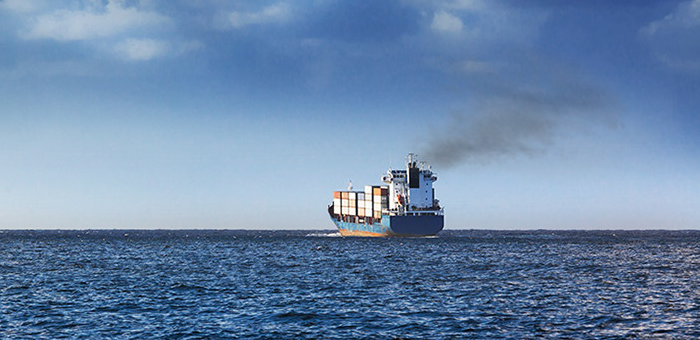The worldwide demand for cleaner shipping fuel could drive the value of Middle East crude to its lowest ever levels, despite fact that supplies are squeezed. This highlights the fact that the 2020 sulphur cap will hurt countries like Saudi Arabia and Iraq that produce high sulphur fuel.
As Bloomberg reports, the 2020 sulphur cap will could raise obstacles for countries such as Saudi Arabia and Iraq which produce high sulphur fuel, while also increasing the value of cleaner oils from Africa and Europe. What is more, it will create new opportunities for more profit margins for the refineries, especially those in India and the US Gulf Coast.
[smlsubform prepend=”GET THE SAFETY4SEA IN YOUR INBOX!” showname=false emailtxt=”” emailholder=”Enter your email address” showsubmit=true submittxt=”Submit” jsthanks=false thankyou=”Thank you for subscribing to our mailing list”]
Crude grades from the Middle East generally have higher levels of harmful sulfuric acid, in comparison to oil from the North Sea, Africa or West Texas. For this reason, new regulations have tried to reduce sulphur from highway fuel, aiming to make it more difficult to process Middle East crude, leading to cut its prices.
IMO’s upcoming regulation comes to add to this pressure, as the months leading up to the 2020 sulphur cap are expected to curb the value of Dubai oil, as it will be impossible to get 0.5% sulphur content from processing high sulphur crude, as Francesco Martoccia, senior analyst for commodities research team at Citigroup.
What is more, processors aspiring to produce IMO 2020-compliant fuel must now invest in hydrotreaters, which strip sulphur from the units. Another option would be to boost purchases of sweet crude, thus increasing the price of North Sea and African grades.
The stricter ship fuel regulation are expected to greatly impact the quality of oil that is in demand, as well as the type of fuel that refiners will seek to produce and the volume of crude that will be refined.































































